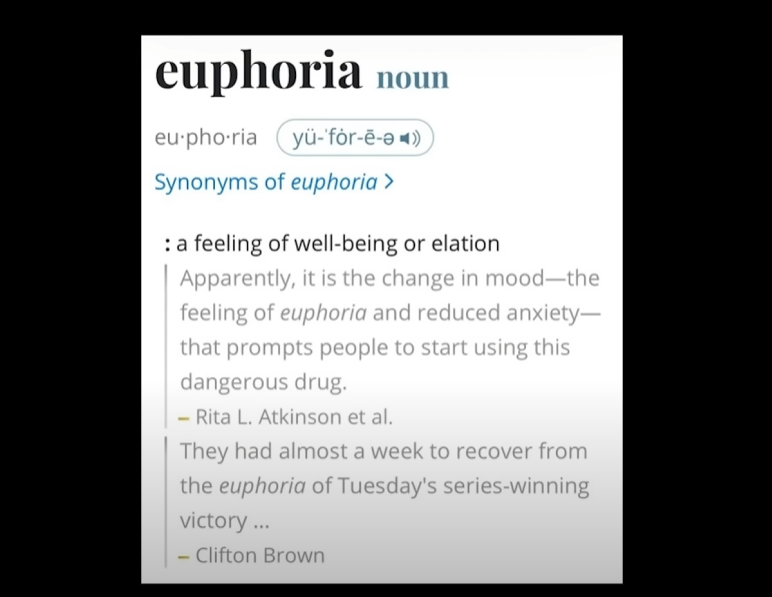“Lions for Lambs”United ArtistsDirected by Robert RedfordWritten by Matthew Michael Carnahan
Starring: Robert Redford, Meryl Streep, Tom Cruise, Michael Pena, Derek Luke, Andrew Garfield and Peter Berg
Rated R/88 minutesOpens Nov. 9, 2007Three out of four stars
There’s too much talk and not enough action in today’s politics. No one stands for anything anymore and because of that no one does anything. At least that’s the argument made in Robert Redford’s “Lions for Lambs,” and his answer is to talk about the problem for an hour-and-a-half.
To be fair, there’s only so much a film can actually do — discussing the problem(s) can certainly be a way to stimulate debate and possible action, if nothing else. So “Lions for Lambs”has its heart in the right place.
If only it didn’t seem like mere lip service.
The movie, as is the custom these days, is split into three narratives, all of which are occurring at about the same time. Two of those narratives are nonstop talking, the other is more action-oriented. Oh, and did I mention that the three stories are all interconnected somehow? I didn’t? Well, that’s because it’s the oldest trick in the 21st Century book, so I assumed you took it for granted.
The net result is one-third of a great movie and two-thirds of a mediocre one. In fact, one of the thirds is probably downright lousy. By far the most captivating thread involves a meeting between hotshot war hawk Senator Jasper Irving (Tom Cruise), the rising star of the Republican Party, and the jaded, veteran journalist, Janine Roth (Meryl Streep), who gave Irving a major boost in the press many years ago.
Irving bills the interview as him “returning the favor” for the publicity he owes Roth. He wants to give her a major scoop. He’s masterminded a completely new strategy for fighting terror in the Middle East, one that is getting underway as they speak. Forget everything that’s happened in the last six years — this is something new, he says. Sure, they’ve made some mistakes, he tells her, but now they’re going in a different direction. Like Frank T.J. Mackey and Mark McGwire before him, Irving isn’t interested in talking about the past. He just wants to win the war on terror.
How, she asks, is anyone supposed to believe that the new strategy will work, when everything else has failed so miserably already? Naturally, he’s got a ready-made response — something that will probably look good in the CNN ticker.
The discussion goes back and forth — Irving laying out his plans, Roth questioning them, Irving retorting with the smoothest answer possible. The entire sequence is a sort of microcosm for the relationship between government and media. Cruise’s performance is pitch-perfect, epitomizing the sweet-talking politician who can sell us anything.
Meanwhile, Roth, played by the always-great Streep, has begun to seriously question the nature of her profession and is wary of letting yet another opportunity to question the actions of the government go by. The dynamic between the conflicting worlds of politics and journalism sets up a fascinating analysis of the pressures of instant media vs. the true responsibility of journalists.
The entire liaison takes place in one room and plays as a chamber piece, an ongoing battle of one-upmanship between the two.
The other two subplots, however, are far less interesting. One sees an old professor, Stephen Malley (Redford), discussing the nature of modern politics with his once-promising student, Todd Hayes. The other tells the story of two young soldiers, who, coincidentally, were once taught by Malley and are shot down in the mountains of Afghanistan during the first mission of Irving’s new strategy. The war sequence in particular essentially goes nowhere, and the professor-student relationship is only a shallow re-hashing of all our increasing dissatisfaction with the nature of politics.
In the end, despite hints of greatness between Cruise and Streep, “Lions for Lambs” comes up with too many easy answers for far too obvious questions.










